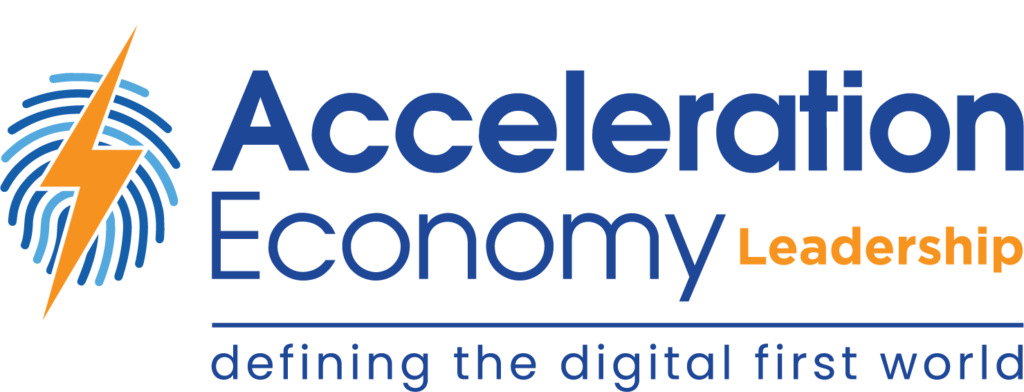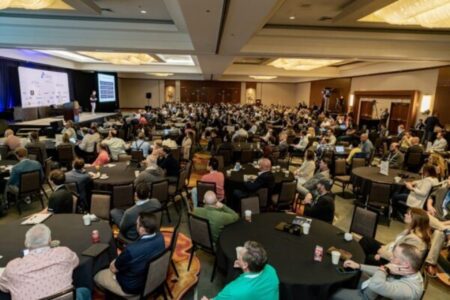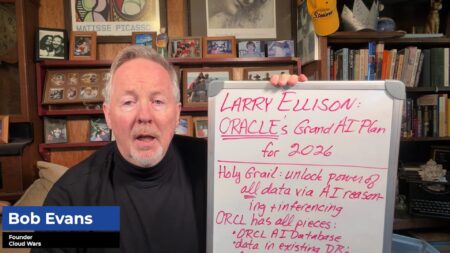In this CIO Summit interview, Tony Uphoff speaks with Sean Ammirati, Carnegie Mellon Professor, Chair of the Corporate Entrepreneurship Lab at Carnegie Mellon University. The two discuss surprising trends from 2022, Ammirati’s work at Carnegie Mellon and at the Corporate Entrepreneurship Lab, and what his students are most excited about.
Highlights
00:46 — Sean Ammirati is a professor at Carnegie Mellon University, a venture capitalist, and an author. Additionally, he is actively involved in Carnegie Mellon’s Corporate Entrepreneurship Lab. Tony asks Sean to contextualize his work at the university and with the lab.
01:46 — In the early 2010s, when Ammirati began working for Carnegie Mellon, he believed his job was about convincing people not to work for large established companies because he thought all innovation came from traditional entrepreneurs. However, he came to the realization that there are “huge swaths of the economy that need to be reinvented in a way” that highlights what large enterprises have done to make themselves relevant. When Ammirati published his book, “The Science of Growth,” he thought he would have one audience — traditional entrepreneurs, or those starting new companies with the goal of scaling up. He was surprised to find that a second audience took a liking to his work; that audience consisted of larger companies that had been around for over a century. He realized that these large companies were interested in the work because they were looking to discover the things that made large enterprises relevant today.
05:18 — What were some key trends of 2022 that surprised Ammirati? He says he was surprised by all the “noise” around Twitter which has occurred over the last several months. A more interesting surprise was the fact that the economy has slowed down. For the students he works with, Ammirati says that this is the first time they have ever experienced a fundamental realization that, at least for the foreseeable future, capital will not be free. Overall, he believes that “many of us misread what 2022 was going to be.” He notes that the “command and control” around office mandates are unfortunate, as companies are starting to revisit questions about the way people work and where they work.
11:19 — Personally, Ammirati is excited about “the end of the blitzscaling industrial complex,” in which companies were only focused on their growth rates. He feels that this complex is slowly dying off.
14:08 — Tony and Ammirati discuss an example of flywheel economics — the Disney+ streaming service, in which the misreading of the demand distortion led to its initial growth. Sean notes how there were “unforced errors” in this strategy that need to be addressed, but Disney leveraged its incumbency advantage to gain a mass amount of subscribers, doing so with “an interesting blend of buy and build.” In essence, leading a company onto a playing field in which it cannot keep up with the competition is not a smart strategy, adds Tony.
19:22 — What is Ammirati hearing from students that they are most excited about? Ammirati notes that Carnegie Mellon University was where AI was invented and it’s one of the top schools for AI education. This is where a lot of excitement on campus tends to be — specifically around generative AI. He defines generative AI as taking limited input and generating a larger amount of output. Ammirati predicts a rise in generative AI over the next year that will change the way in which the world works.
26:26 — The easiest way to get in contact with Sean Ammirati is via Twitter or his website.










